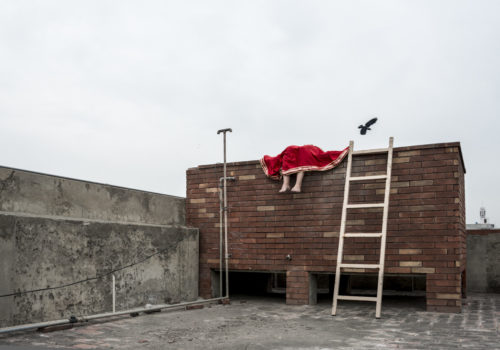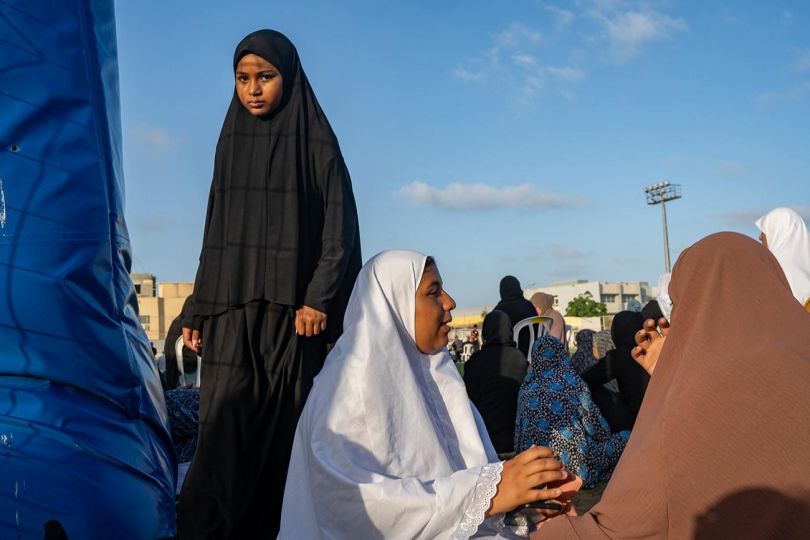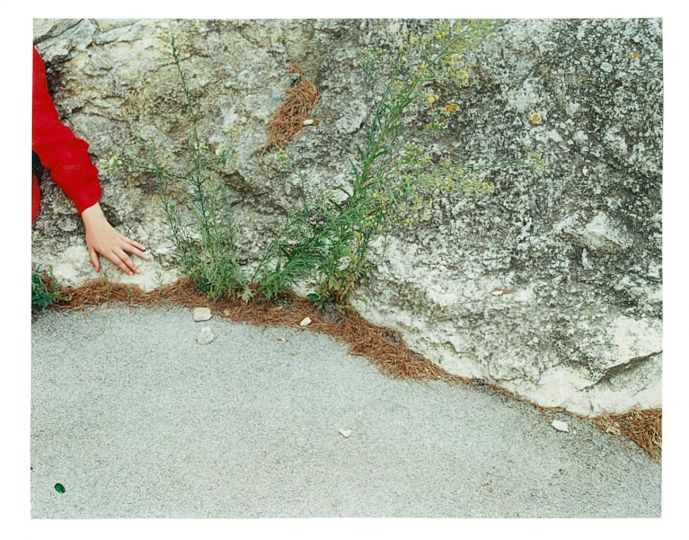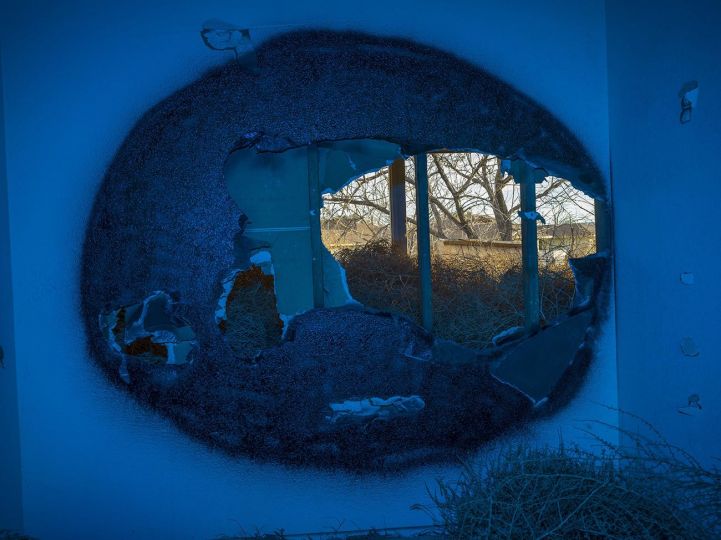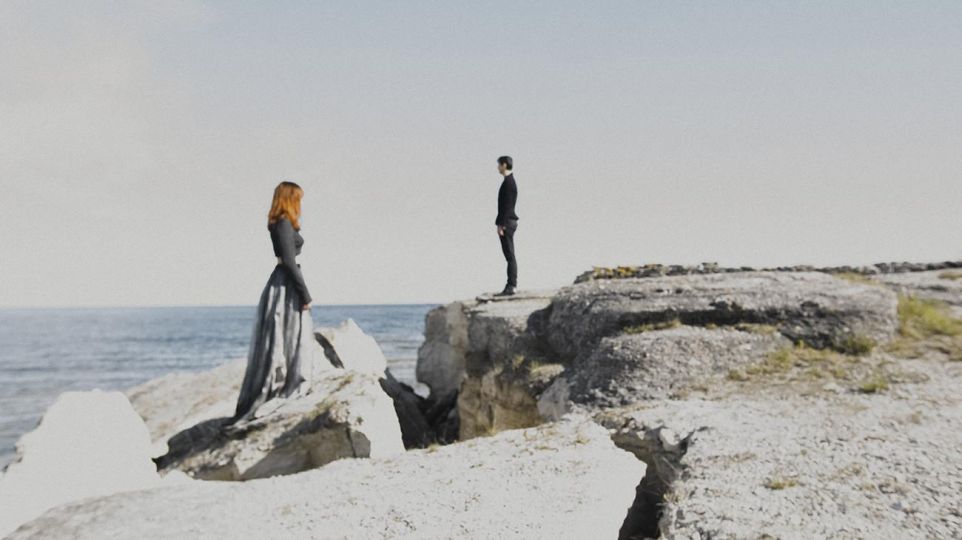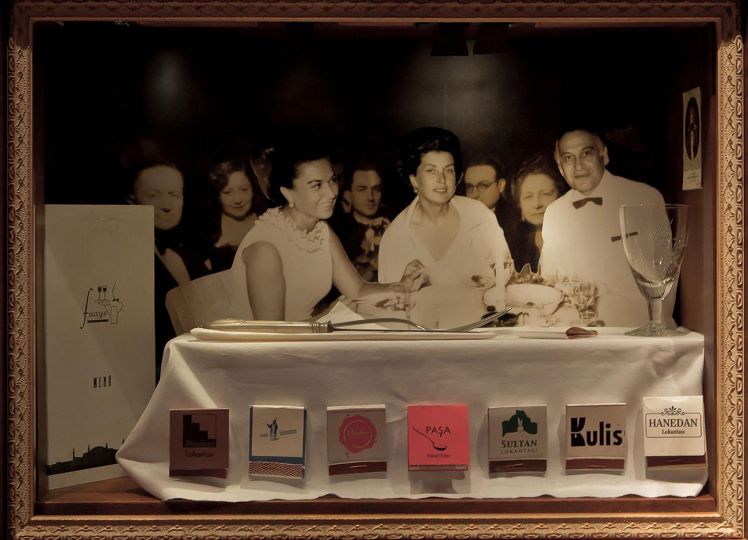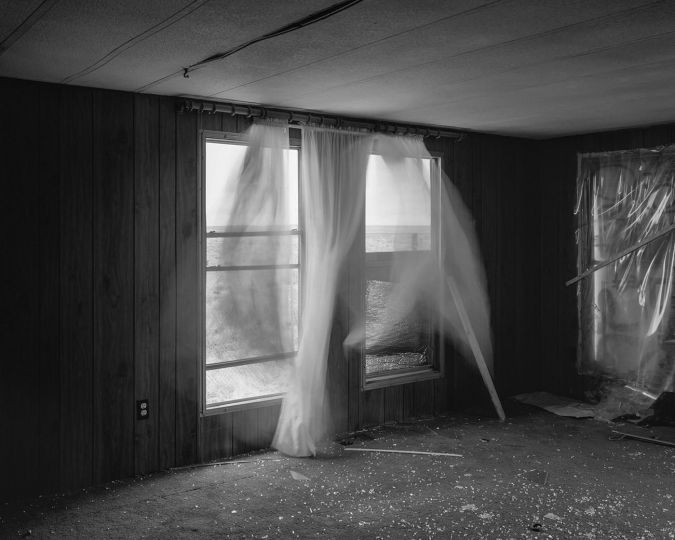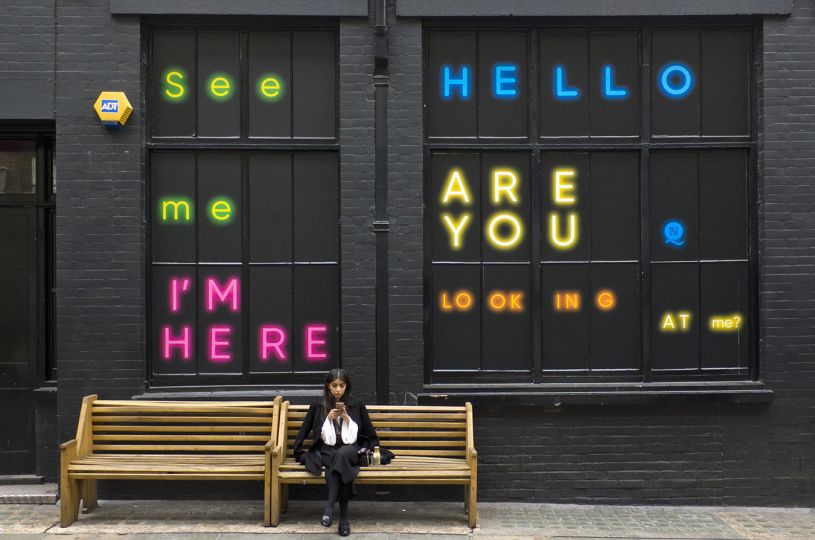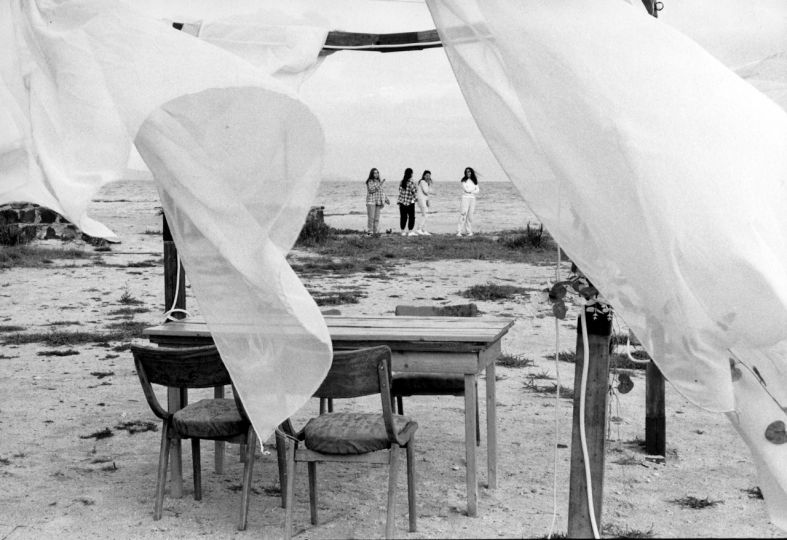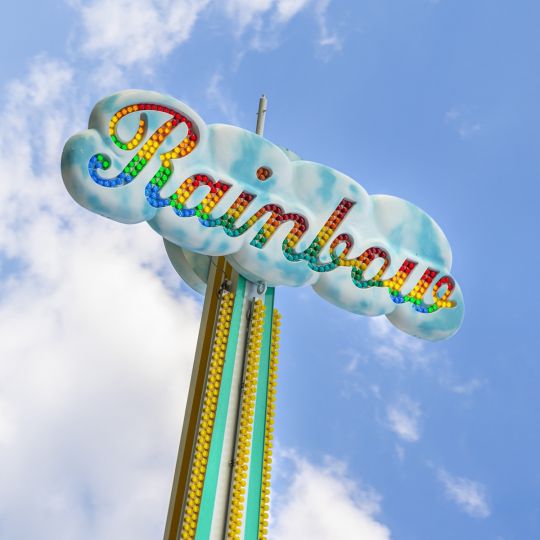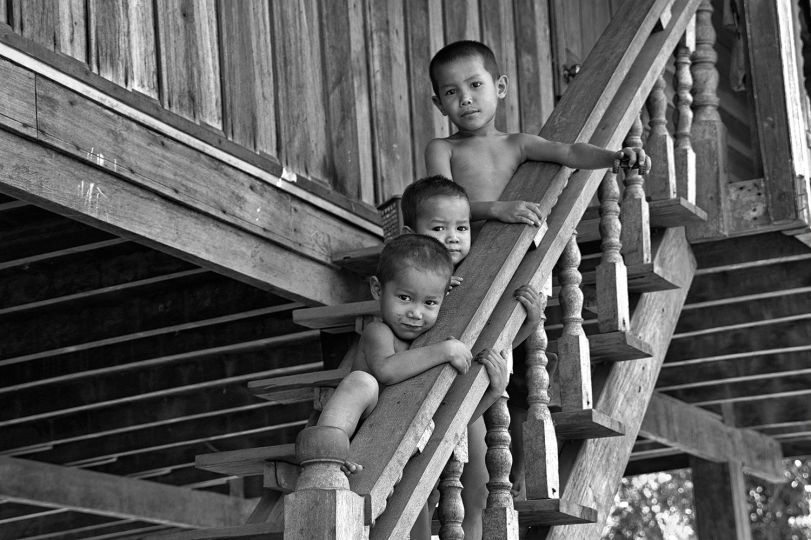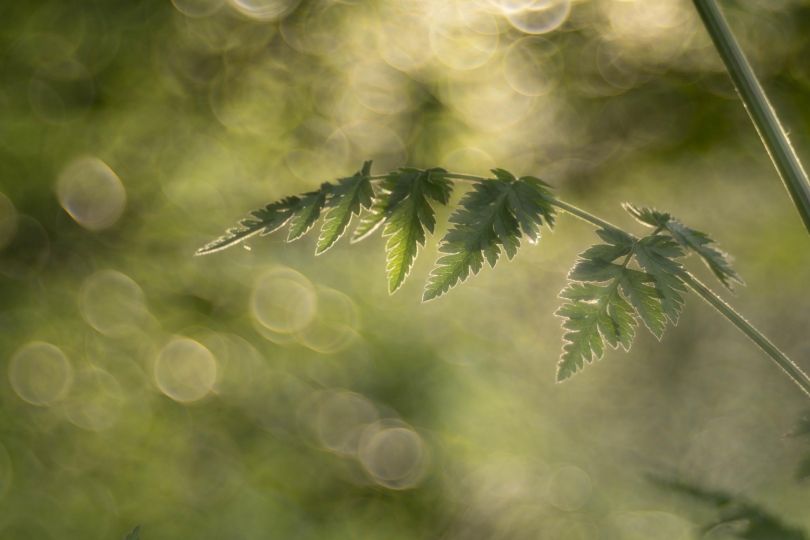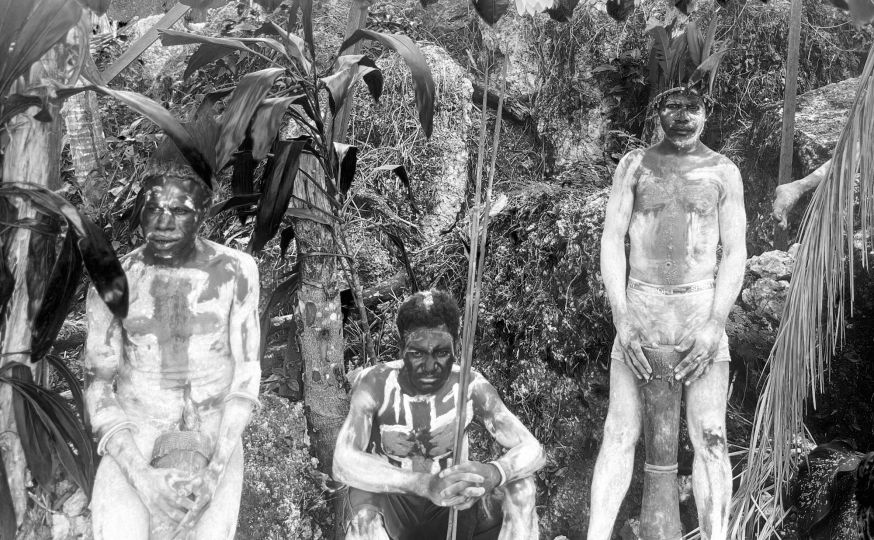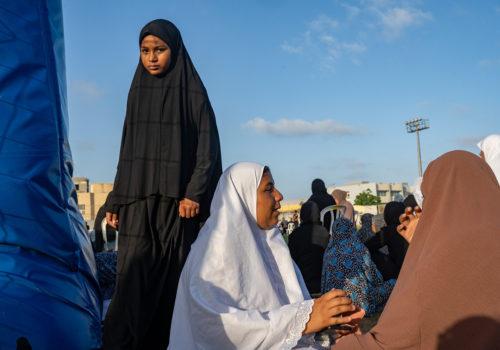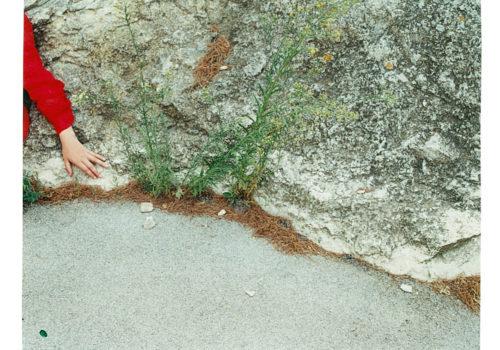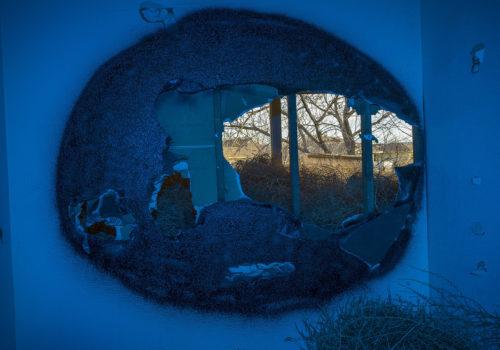The Article 19 of the constitution of the Islamic Republic of Pakistan says:
“Freedom of speech: Every citizen shall have the right to freedom of speech and expression, and there shall be freedom of the press, subject to any reasonable restrictions imposed by law in the interest of the glory of Islam or the integrity, security or defence of Pakistan or any part thereof, friendly relations with foreign States, public order, decency or morality, or in relation to contempt of court, commission of or incitement to an offence.”
These “reasonable” restrictions are often exploited against different groups of people such as minorities, journalists, human rights activists, atheists, homosexuals, etc. They are interpreted as a freedom to disregard others’ faiths or perceptions. They produce outcasts. Status quo and ruling alliances, liberty-fearing and frustrated people led by radical, obscurantist or manipulative clerics, all acting in the name of so-called decency, building a wall around these fabricated pariahs to silence them. In the recent years, the enforcement of Pakistan’s blasphemy laws remain a significant concern, as well as new laws to extend controls over the right to freedom of expression online. Killings and attacks on journalists, media workers and human rights defenders remain endemic and characterized by ongoing impunity.
This story takes place in Lahore and constitutes a series of portraits of people whose way of thinking, living, and loving is obviously against the official Pakistani narrative. It is a story of suffering but also of resilience and hope.
After long conversations, these images have been carefully staged to respect the safety and, therefore, the anonymity of the people pictured. Each of them is named “Noor”, which means light and is used indifferently for women and men.
They are the cracks in the system through which change may arise.
The future is uncertain, but an activist says, “The growing instances of censorship in Pakistan reflect the fear and paranoia that currently grips the highest echelons of our state. This fear has no fixed object. At times it is directed at the youth, at other times against “unruly” ethnic minorities, intellectuals, dissidents or journalists. What is clear is that there is a pervasive feeling of insecurity, a belief that the ruling establishment’s grip on power is perpetually threatened. And here lies the secret that every authoritarian regime wants to conceal; behind its hyper-masculine bravado, it is haunted by a profound weakness stemming from its inability to cement popular consent for the dominant order.
This combination of fear and weakness propels the state to enforce draconian censorship on its subjects. The truth has to be substituted by an awkwardly woven narrative that equates dissent with disloyalty. In the hands of a paranoid state, sacred words such as ‘patriotism’, ‘sovereignty’, ‘fatherland’ and even’ rule of law’ are emptied of their historical content and are transformed into tools for mass manipulation to discipline populations and instil fear. What we are witnessing today is the corruption of language itself.
We must, however, take comfort in the fact that censorship is bound to fail since prohibited content takes on a life of its own as a symptom of the widening cracks in the ruling system. We might be entering an era where the choreographed theatre presented to us as reality might soon reach a point of exhaustion, where the enforced silences speak louder than the curated noise on display, and the absences assert themselves with greater intensity than all manufactured characters in the theatrical performance.”
This work is dedicated to the memory of Asma Jahangir, a Pakistani lawyer who dedicated her life to defending minorities and died in Lahore in 2018.
Marylise Vigneau
DETAILLED CAPTIONS
1- Noor is an Ahmadi, which means that she has known that since childhood, she needs to conceal this part of her identity to avoid verbal violence and discrimination. She used to skip school when the chapter about Ahmadis was to be studied. For the five million Ahmadis, religious persecution has been particularly severe and systematic in Pakistan. Pakistani laws prohibit the Ahmadis from identifying themselves as Muslims, and their freedom of religion has been curtailed by a series of ordinances and constitutional amendments.
2- Noor has been a beautiful child. It soon made him a victim. His uncle raped him when he was 6. Soon after, a cousin forced him to perform oral sex. He was too little and too petrified to complain, and these abuses went on throughout his childhood and teenage years.
Noor identifies as gay and knows how deep-rooted homophobia is in Pakistan.
He enjoys “the sad privilege of being a man” in a society where girls are denied almost any kind of independent life.
He poses naked, veiled only by a ‘Sehra’. This adornment is a headdress worn by Pakistani grooms at their weddings. They remove it before taking possession of their bride. “It felt suffocating”, he says.
3- Noor has been a bright and curious child. In his teenage years, the omnipresence of a religion that contradicted all his inclinations suffocated him. His vivacity and sexual urge drove him away from a vindictive Islam that called the sculptures he loved “idols” and advocated their destruction.
He is an atheist without doubt or regret. Therefore, according to some extremists, he is also an apostate, making him “wajib-ul-qatal” (liable to be killed). He knows that announcing apostasy means inviting the risk of death – even if government authorities and courts would spare him, a fanatic mob would certainly not have mercy on him.
4- These two lovers have 37 years of age difference. They went through an ordeal to be together.
He exudes a gentle and dense sensuality as well as a sparkling wit.
She is a poised and sharp young woman, and she tells us their story:
“As a child in an average patriarchal Muslim family, I felt that something was missing in our life. This something has a name finally, and it is “rationality”. My quest led me to read a lot. Online, I came across some poems and articles written by my husband to be. I sent him a friend request.
I immediately appreciated his bluntness. The way he was stripping naked our society, uncovering official lies and national myths.
I was 22 years old, but I knew he was the man I wanted to be with.
He warned me about the inevitable difficulties that would arise. I, however, chose to marry him.
We did a Nikkah (Muslim marriage) in court but kept it secret. I knew my family would never accept it because they would think I had brought disgrace onto them. So I decided to leave the house without informing anyone. They nevertheless tracked me, hunted me down and kept me locked in for 16 days.
The only reason why they did not kill me was their ignorance about my marriage.
5- Noor is a visual artist, a homosexual and an atheist.
As a child, he lost his military father, who was killed near the border with India and declared “shaheed”, a martyr. In Muslim mythology, a shaheed is immortal. After the loss of his father, Noor was informed that there was no need to mourn, as he was still alive, a statement, which would later in his life, help him come to terms with the faith he was born into.
As a teenager, Noor fell madly in love with a man, and a painful story began. He has currently no lover. “I do not wish to be somebody’s dirty little secret”.
6- In his teens, Noor was part of the infamous Jammat-ud Dawah organization, the political arm of Lashkar-e-Taiba, one Islamic terrorist organizations operating mainly from Pakistan. He became very involved and used to blog. At some point, he wanted to write an article about the challenges posed to Islam by atheism. So he decided to read some pages of the Quran objectively for the first time in his life. The affirmation that the Quran could never be doubted suddenly appeared strange. He felt trapped in a circular argument. He made a list of similar questionably unquestionable assertions. He felt terrified because he could see himself becoming an apostate.
After a phase of sideration, he came to terms with his new perspectives. He felt lighter and now compares himself with a bird freed from its cage.
7- Noor is married to a man she had never seen before the day of her wedding.
Needless to say that she was a virgin. She was utterly ignorant and terrified of everything sexual. Her defloration took a week. She knows that she was lucky not to be raped during her wedding night, as it happens too often.
8 – Noor is a young man with a strong will to live and a solid sense of humour. He grew up near Peshawar in a traditional Pashtun family whose existence is governed by Islam and the ancient Pashtun code of honour. Noor studied at the National College of Art in Lahore. He did so without the approval of a family that neither shares nor understands his passion for art.
He lives in a small room and receives with great enthusiasm the few foreign travellers who pass through Lahore.
9- Noor is an activist. She organizes demonstrations against the terrible events that happen regularly. Against the looting of a Christian colony, against discrimination, against the cutting of old trees along the central canal of Lahore, against blasphemy laws, and very recently in memory of Mashal Khan, who was lynched by an angry mob of fellow students in the premises of his university, on April 13, 2017, over fake allegations of posting blasphemous content online. She listens to young people who feel different and lost or hopeless.
She has received several death threats and spent some nights in police custody because of her protests. Sometimes she drives through the night to paint walls with peace slogans.
10- In 1977 under the military rule of General Zia-ul-Haq, the Pakistani government implemented Shari’a law by enforcing punishments mentioned in the Quran for Zina. Zina relates to adultery – any extramarital sex. If it has become more frequent for young people to date and sometimes to have extramarital sexual relationships, they need to be cautious and rarely live together outside marriage.
11- Noor is the grandson of two legendary figures of Pakistani cinema.
He poses in an empty pool in a house that will soon be destroyed and replaced by another commercial mall.
He execrates a society that practices hypocrisy out of all kinds of social and religious fears.
“I’m afraid of your fears because it is out of fear that you act most irrationally”, he said.
12- Friends gather around a fire. They belong to a secret atheist group on social media. Some are atheists, some are agnostic, and others just refuse to follow a social pattern that does not suit their aspirations. All of them question what was imposed on them from childhood. They live in a mental chasm and went through a phase of alienation and extreme loneliness. They are thankful for social media that enable them to encounter like-minded people and break their isolation. Their group is growing, and they meet regularly to share thoughts and speak freely. Some couples have also been formed.

